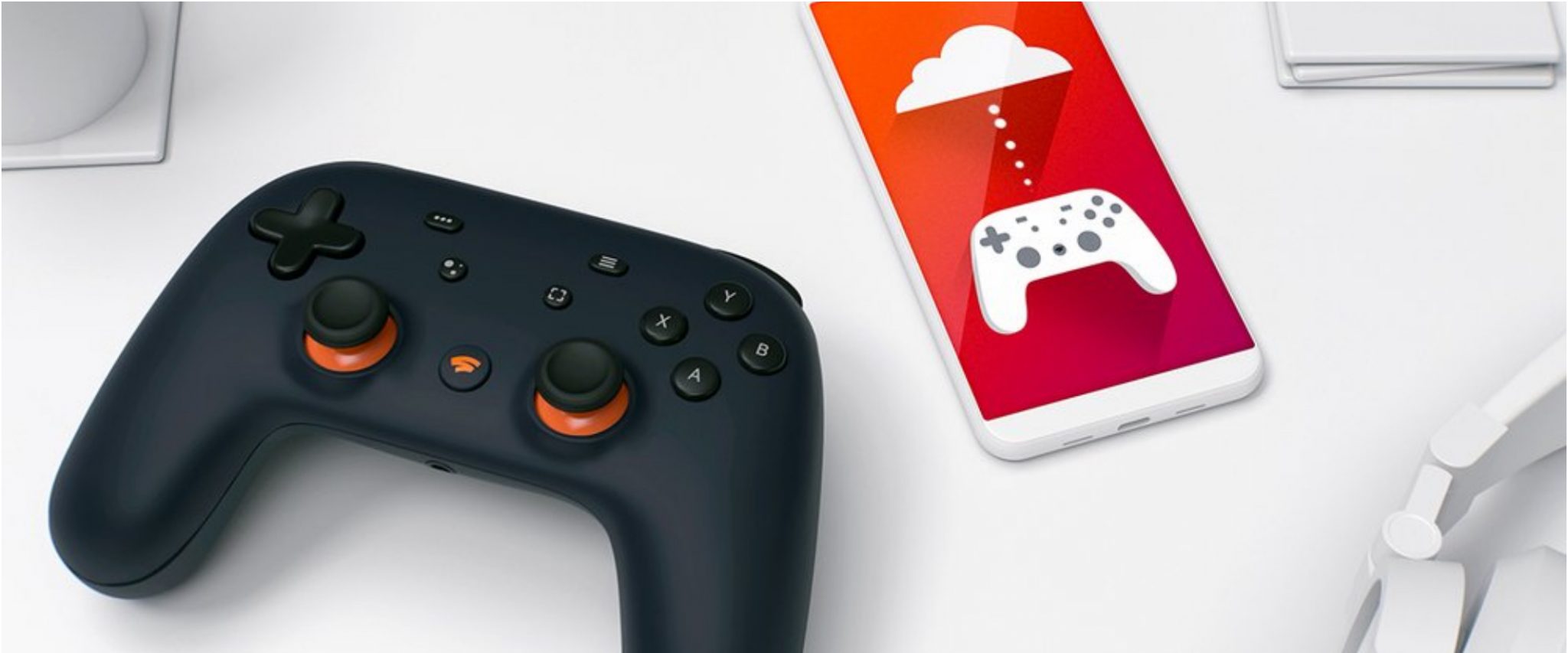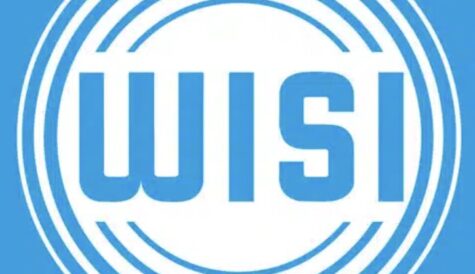Google shuts down game development and plans to turn Stadia into white-labelled streaming tech

Less than 18 months after launching its cloud gaming platform Stadia, Google has shut down its internal game development division.
Google has said that the move will refocus Stadia to be a home for streaming games from existing developers, but a number of reports have suggested that Google is looking to sell off its tech and that ‘the writing’s on the wall’ for the platform.
Confirming the move in a blog post, Google Stadia GM Phil Harisson – formerly EVP of Sony Computer Entertainment Europe – described games streaming as “the future of this industry” and committed to making Stadia “into a long-term, sustainable business”.
The move will see more than 150 people lose their jobs, according to Kotaku, most notably Jade Raymond, the producer who was one of the key creators behind the Assassin’s Creed franchise. Google said that it hopes to find roles for most of these elsewhere in the company.
Google will continue to run Stadia as a platform via which users can buy and stream games across multiple devices, and the company will continue to offer the US$9.99 per month Stadia Pro subscription which offers additional benefits. The company will release any “near-planned” games, and may look for exclusive third-party titles.
Google’s main plan for Stadia however is to sell its tech to publishers, potentially with a view to create a white-labelled-type platform that can be utilised by other game developers.
Harrison wrote: “In 2021, we’re expanding our efforts to help game developers and publishers take advantage of our platform technology and deliver games directly to their players. We see an important opportunity to work with partners seeking a gaming solution all built on Stadia’s advanced technical infrastructure and platform tools.”
While Stadia may well prove to be a successful investment in the long-run as a tech platform, the announcement effectively ends any ambition Google had to turn Stadia into a consumer alternative to expensive consoles like the new Xbox Series X and the PlayStation 5.
Stadia had been marred by issues from its initial rollout in 2019. A confusing launch strategy along with the high-cost of games on Stadia meant that it never became a fully mainstream competitor. Ultimately, Stadia looks set to join high profile flops like Google Nexus and Google Glass in the infamous Google Graveyard.



